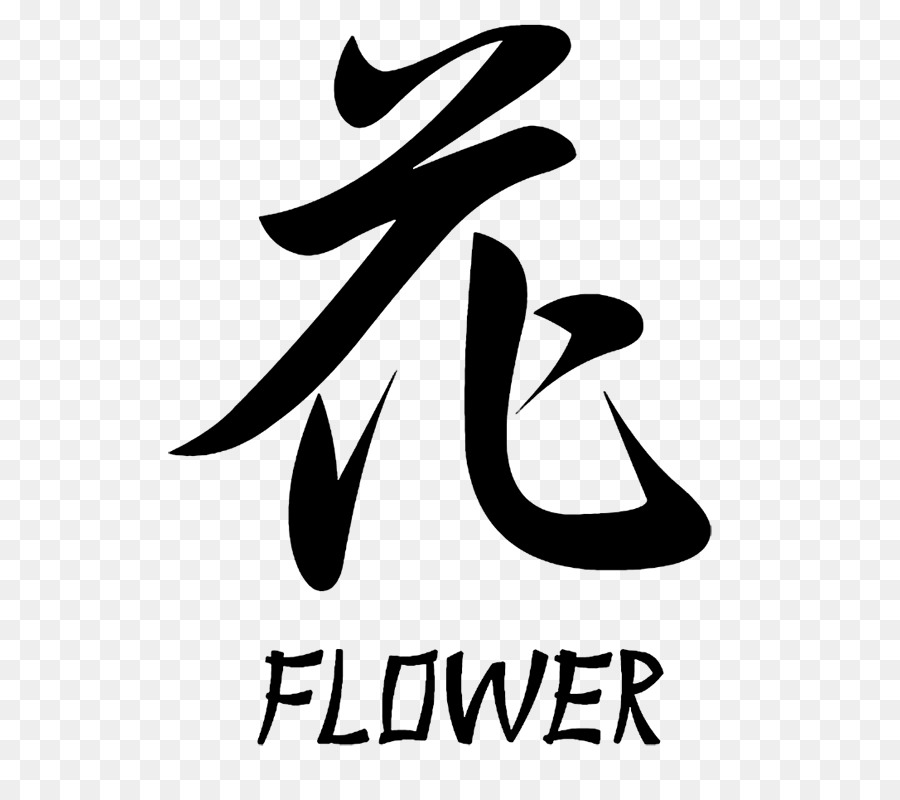
Arti, Kanji, Jepang gambar png
For example, the word 感じ悪い (kanji warui) is literally "feeling-bad" and can be used to say that some dude is a total creeper! Another common way to say it is 気持ち悪い (kimochi warui) which pretty much means the same thing. The interesting thing about this phrase however, is that there is an abbreviated version that gets used.

Apprendre le japonais 5 Kimochi Warui YouTube
頭の悪い adjective Atamanowarui bad, brainless Similar Words 物足りない adjective Monotarinai unsatisfactory, unsatisfied 大災害の adjective Dai saigai no catastrophe, disastrous 低水準 adjective
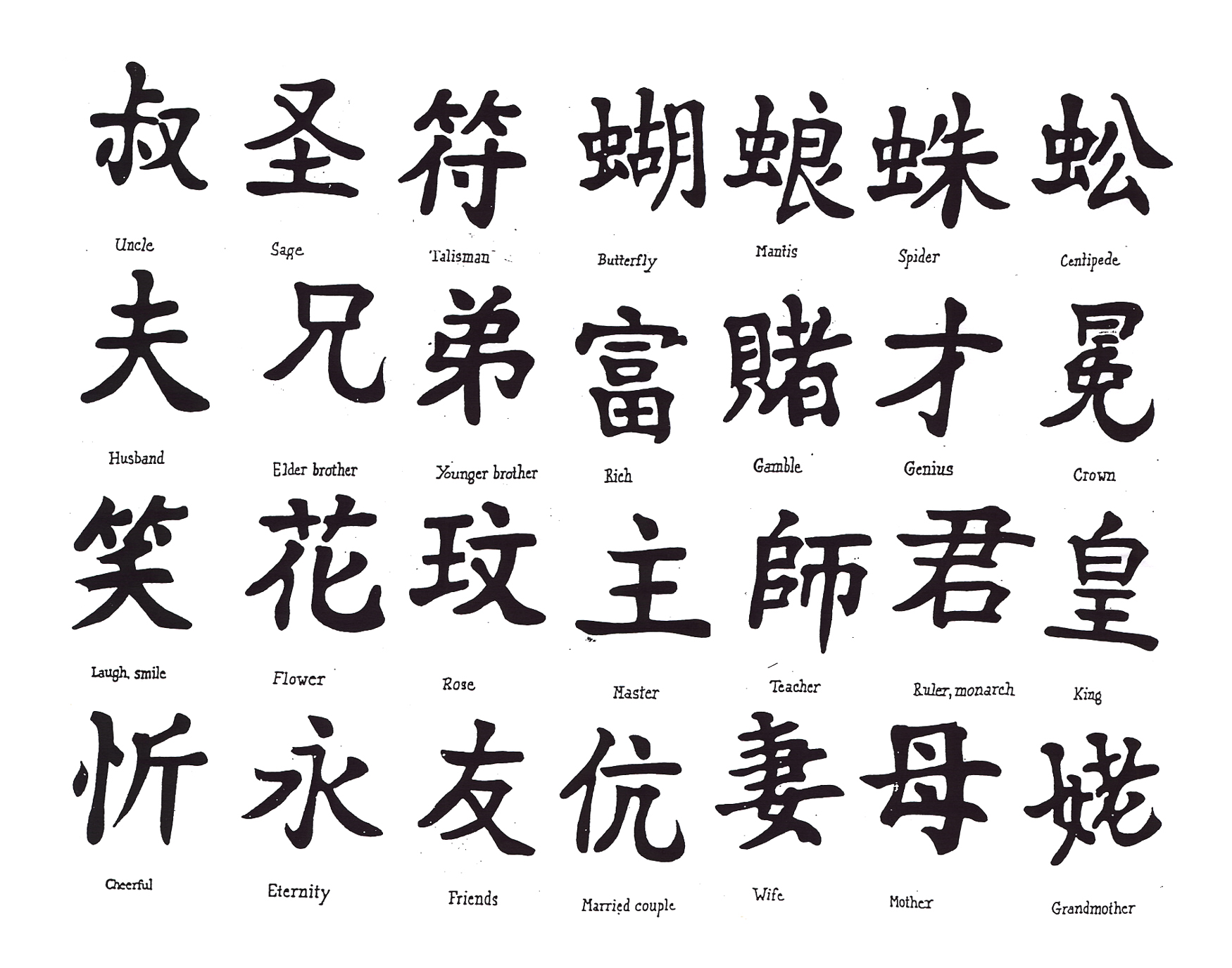
Japanse Letters How to learn...? ALPHABET Geilen Onedin68
Stream Kanji Warui by dlitefromheaven on desktop and mobile. Play over 320 million tracks for free on SoundCloud.
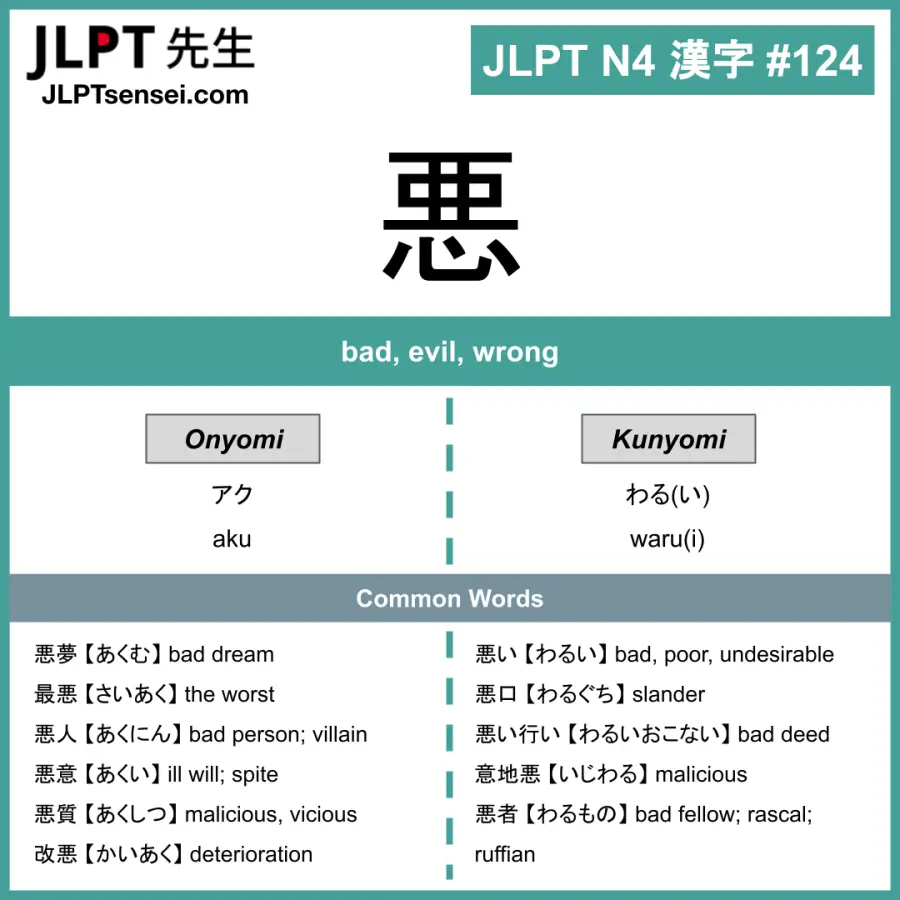
JLPT N4 Kanji 悪 (aku, warui) bad, evil
Common Anime Words. In Japanese, the words that mean "good" and "bad" are ii いい, yoi 良い, and warui 悪い. As you may have already guessed, these words aren't as simple as the words "good" and "bad" in English, because the article barely started and we already have a problem: there's three of them! "Bad" in Japanese. "Good" in Japanese.
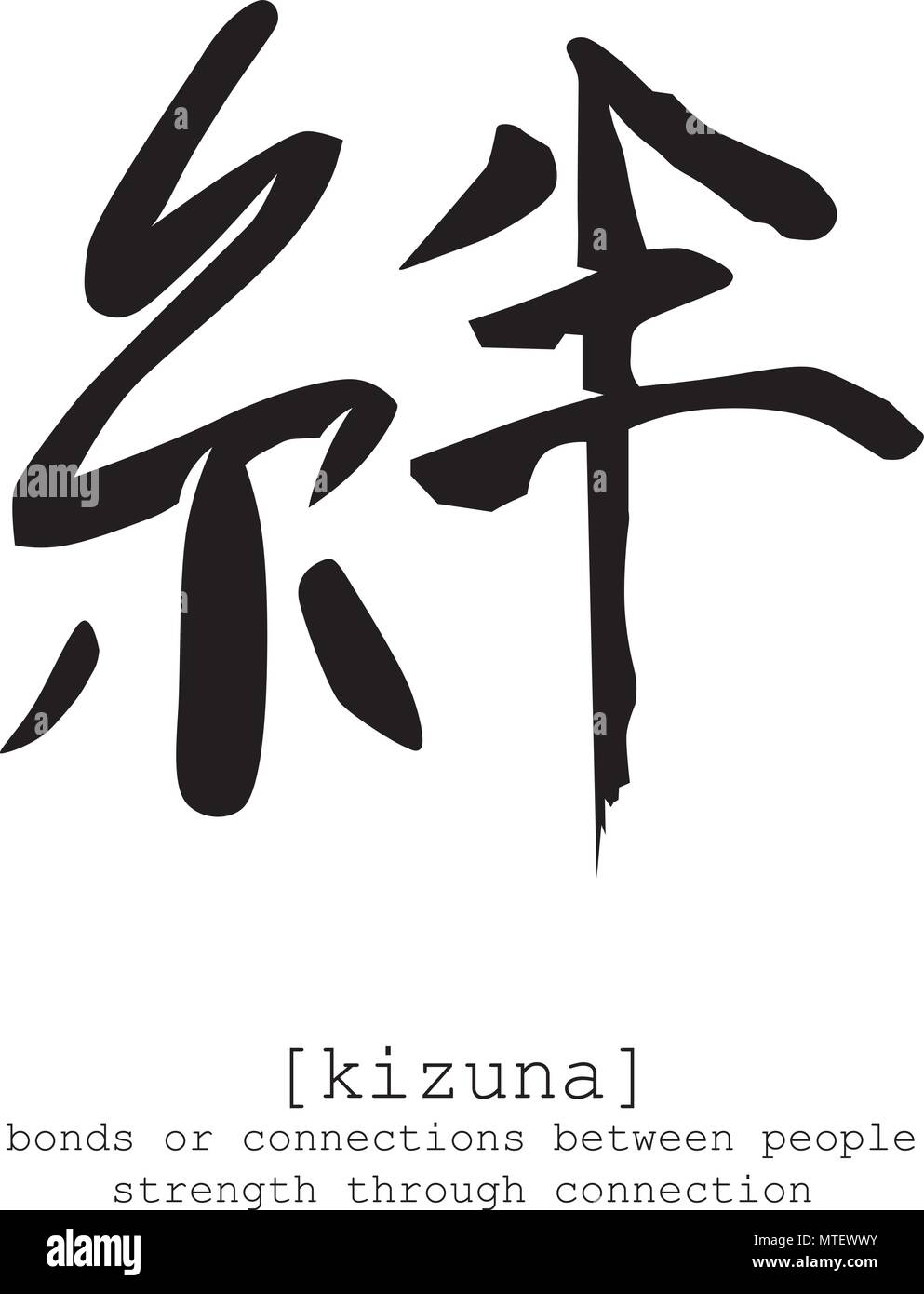
Bonos japoneses Imágenes vectoriales de stock Alamy
warui. i adjective, interjection. Alternate Written Forms:. Meanings for each kanji in 悪い.
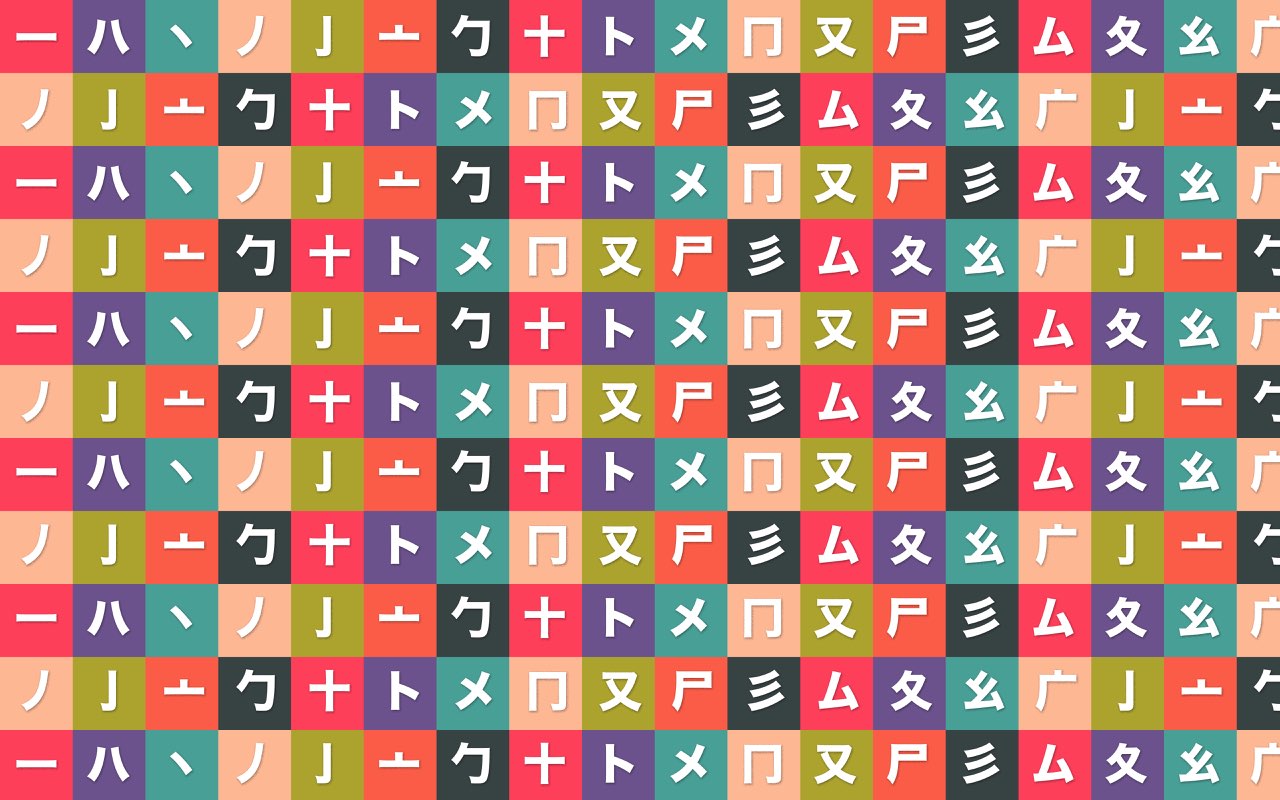
65 INFO KANJI MNEMONICS PDF DOC DOWNLOAD ZIP Kanji
This kanji is a combination of the kanji for sun (日) and the kanji for blue (青), so it's like the sun and blue sky!.…………………………………………………………………………….. Number 3: Japanese wordcloudy曇り(kumori). ★Japanese word(kumo). Japanese verbto become cloudy曇る(kumoru)..…………………………………………………………………………….. Number 4: ★Japanese wordrain rainy雨 (ame).

🇯🇵 How to write BAD 悪い (Warui) in Japanese Kanji YouTube
The words "warui" and "warukatta" can be used to express someone was at fault regarding something (a little similar to the "~no sei" pattern): ごめん、僕が悪かった。 [gomen, boku ga warukatta] Sorry, it was my fault. Not that it is critical to use the subject particle "ga" instad of the topic particle "ha" since the subject is being emphasized.
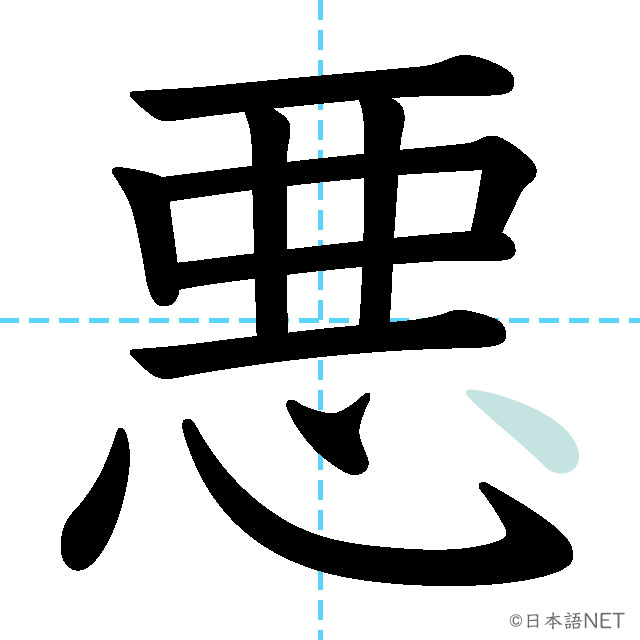
【JLPT N4 Kanji】悪 NIHONGO NET
Example #1: how to say "bad" in Japanese Warukunai: the nai form of "warui" Example #2: how to say "not bad" in Japanese Warukatta: the ta form of "warui" Example #3: how to say "was bad" in Japanese Warukute: the te form of "warui" Example #4: how to say "bad and" in Japanese Warukereba: the ba form of "warui"

Japanese Word for the Word “Bad”
Japanese dictionary search results for warui. Jisho.org is lovingly crafted by Kim, Miwa and Andrew.You can reach us on Mastodon at @mastodon.social@jisho or by e-mail to [email protected] you contact us, please read our list of frequently asked questions.Please note that we read all messages we get, but it can take a long time for us to reply as Jisho is a side project and we do not.

gcsepicturekanjicards Japanese Quizzes
ワリィ ( warii in katakana .) ワリぃ (mixed variant.) 悪ィ ( warii in kanji with small i ィ in katakana .) Examples Although warii often shows up in the "sorry" meaning alone. It's interchangeable with warui.

Learn JLPT N5 Vocabulary 悪い (warui)
to feel good. a state of mind, mood. mood of a place; atmosphere. Synonym: 感じ. feeling depending on a physical condition. a little, a bit.

Learn Basic Japanese, How To Speak Japanese, Basic Japanese Words
Basic Usage Conjugation Antonym Negative Antonym "Sorry" Warii 悪ぃ【わりぃ】 It's Your "Fault" Warukatta 悪かった That Was a "Mistake" Warukunai 悪くない "Wrong" Warui Kedo 悪いけど Niwa Warui Kedo には悪いけど Waruku 悪く Warusa 悪さ Set Phrases Warui Hito 悪い人 Warui Koto 悪いこと -ga Warui ~が悪い Other Words That Mean "Bad" Basic Usage

Will kanji symbol
気持ち悪い (kimochi warui): to not feel good [Technically not a verb, this phrase means something like "feelings are bad"]. お医者さんに診てもらう [Oishasan ni mite morau]: to be seen by a doctor [Note the kanji for "miru" is different than the usual "to see" (見る)] 看護婦さん (kangofusan): Nurse;

"悪 Japanese Kanji for Evil, Bad (white)" Poster by designite Redbubble
Kanji in this term 悪 わる Grade: 3 kun'yomi Alternative spelling 惡い (kyūjitai) From classical わろし (waroshi). Compare まるい (marui) < まろし (maroshi) . Alternative forms [ edit] (informal) わりい (warii) Pronunciation [ edit] ( Tokyo) わ る い [wàrúꜜì] ( Nakadaka - [2]) [1] [2] IPA ( key): [ɰᵝa̠ɾɯ̟ᵝi] Tokyo pitch accent of inflected forms of " 悪い "
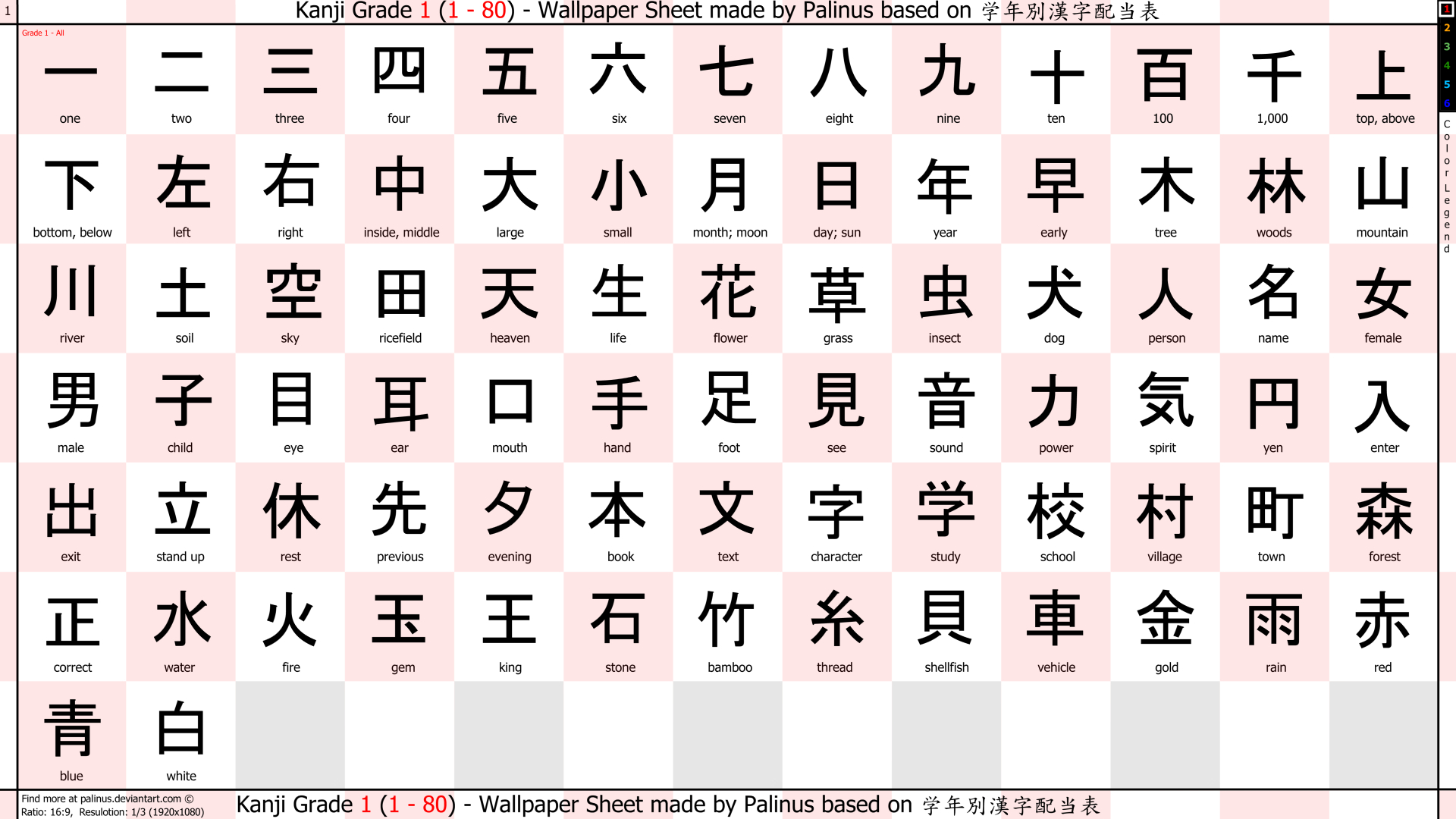
Wallpaper Kanji Training Grade 1 1080p by palinus on DeviantArt
Kanji . Jisho.org is lovingly crafted by Kim, Miwa and Andrew . You can reach us on Mastodon at @mastodon.social@jisho or by e-mail to [email protected]. Before you contact us, please read our list of frequently asked questions. Please note that we read all messages we get, but it can take a long time for us to reply as Jisho is a side.
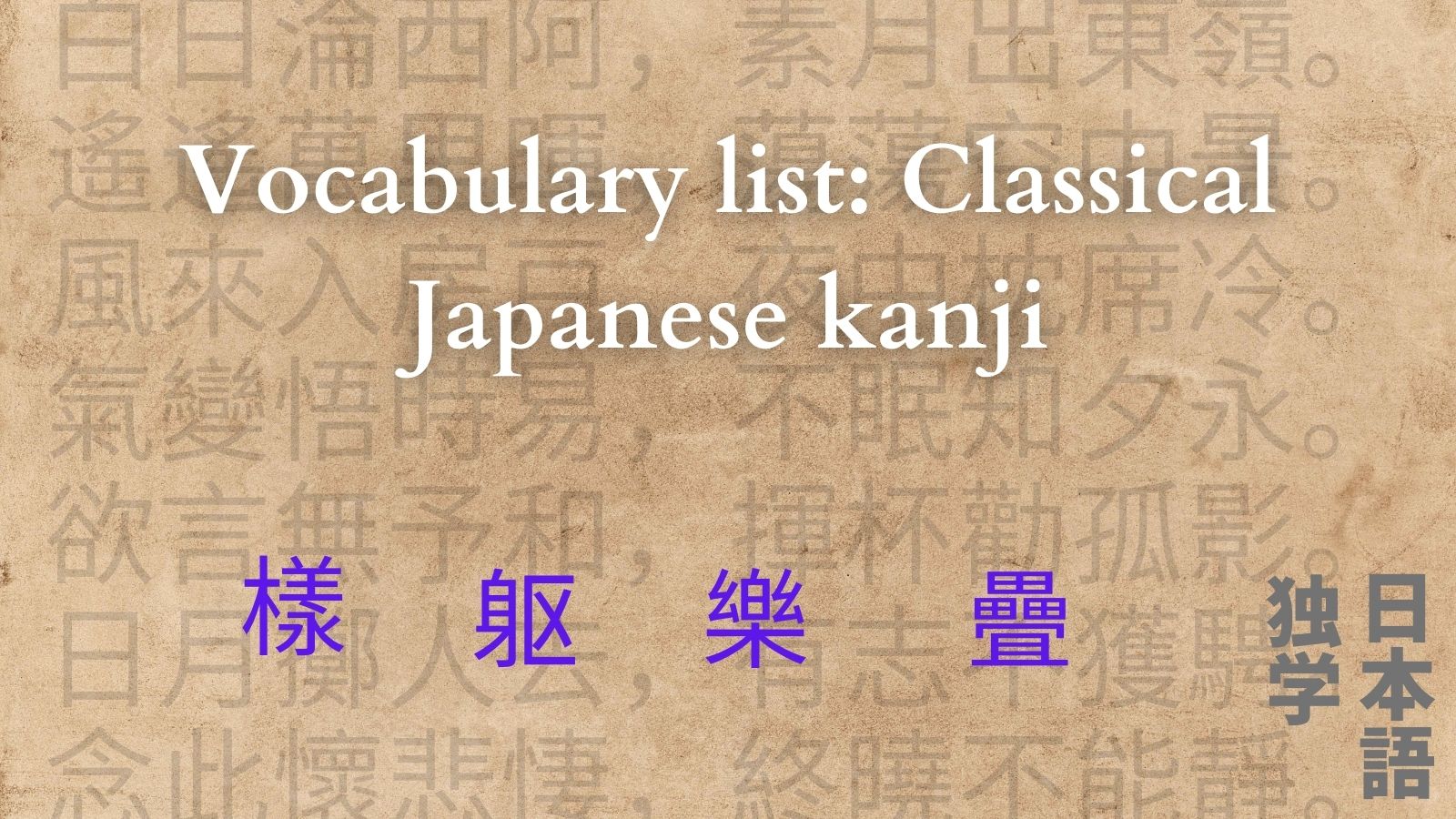
Vocabulary list Classical Japanese kanji Self Taught Japanese
What does this word mean, and why is it so useful? Let's see why! 気持ち ( kimochi ): Feeling, mood, state of mind Japanese people are often described as non-emotional people. If you board a train in Japan, especially in Tokyo, you may see many Japanese people with no expression on their faces.